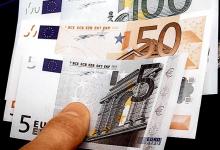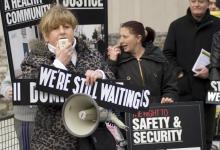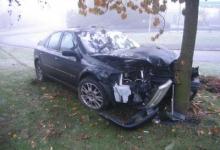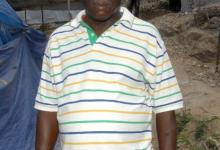The vulcan of Sandycove
The lives of Irish artists tend to remain untold stories. Despite the incredible resurgence of interest in the work of our native painters and sculptors, the number of Irish artists who have been the subject of biographies has remained very small. All this makes Breaking The Mould, Eamon Delaney's vibrant memoir of his father, the late, great Edward Delaney, the more welcome.





